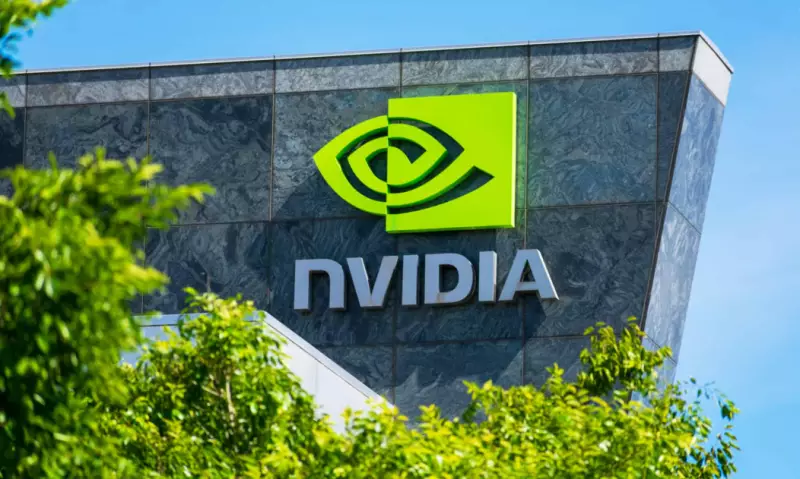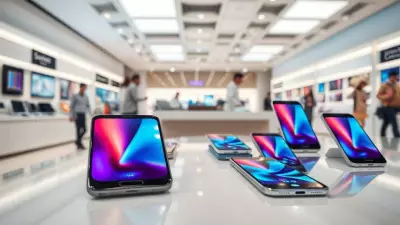
The global technology community has gathered in Lisbon, Portugal for the annual Web Summit 2025, where discussions about artificial intelligence, robotics, and startup innovations are taking center stage. This prestigious event, often called "Davos for geeks," is unfolding against a backdrop of international tensions surrounding advanced hardware, software, and the crucial resources required to develop them.
Massive Tech Gathering Amid Global Tensions
The four-day technology extravaganza is expected to attract an impressive 70,000 visitors from 150 countries, including 2,500 promising startups and 1,000 investors seeking the next big innovation. The scale of participation underscores the growing importance of technology in shaping global economies and international relations.
One topic dominating conversations among attendees is China's rapid ascent toward technological supremacy. The Asian giant's progress in cutting-edge technologies has become a central concern for Western tech leaders and policymakers alike.
Nvidia's Stark Warning About China's AI Capabilities
Rev Lebaredian, Nvidia's Vice President of Omniverse and Simulation Technology, delivered a compelling perspective on China's technological prowess during the summit. Speaking with AFP, Lebaredian emphasized that half of the world's leading computer scientists and engineers working on frontier technologies are currently based in China.
"If we attempt to exclude them from global technological development, they will inevitably find ways to create comparable innovations independently," Lebaredian cautioned. "The real loss would be our inability to collaborate with them and benefit from their substantial contributions."
Lebaredian, who reports directly to Nvidia CEO Jensen Huang and oversees the development of what he describes as "robot brains," expressed concern that isolationist policies could ultimately harm global technological progress.
US Maintains Strict Chip Export Restrictions
The Trump administration has recently reinforced its position on limiting China's access to the most advanced semiconductor technology. White House spokeswoman Karoline Leavitt explicitly stated that Nvidia's Blackwell chip, the company's most sophisticated AI processor, will not be available for sale to Chinese companies.
"Regarding the most advanced chips, specifically the Blackwell chip, that's not something we're interested in selling to China at this time," Leavitt confirmed during a recent briefing.
These comments align with President Donald Trump's earlier declarations that cutting-edge chips from the world's most valuable company would be reserved for American businesses while remaining inaccessible to China and other nations. Although Trump had suggested the possibility of discussing chip exports with Chinese President Xi Jinping during their summit in South Korea, the topic ultimately wasn't addressed in their conversations.
The ongoing restrictions highlight the intensifying technological cold war between the world's two largest economies, with artificial intelligence emerging as the primary battlefield for global technological supremacy.






